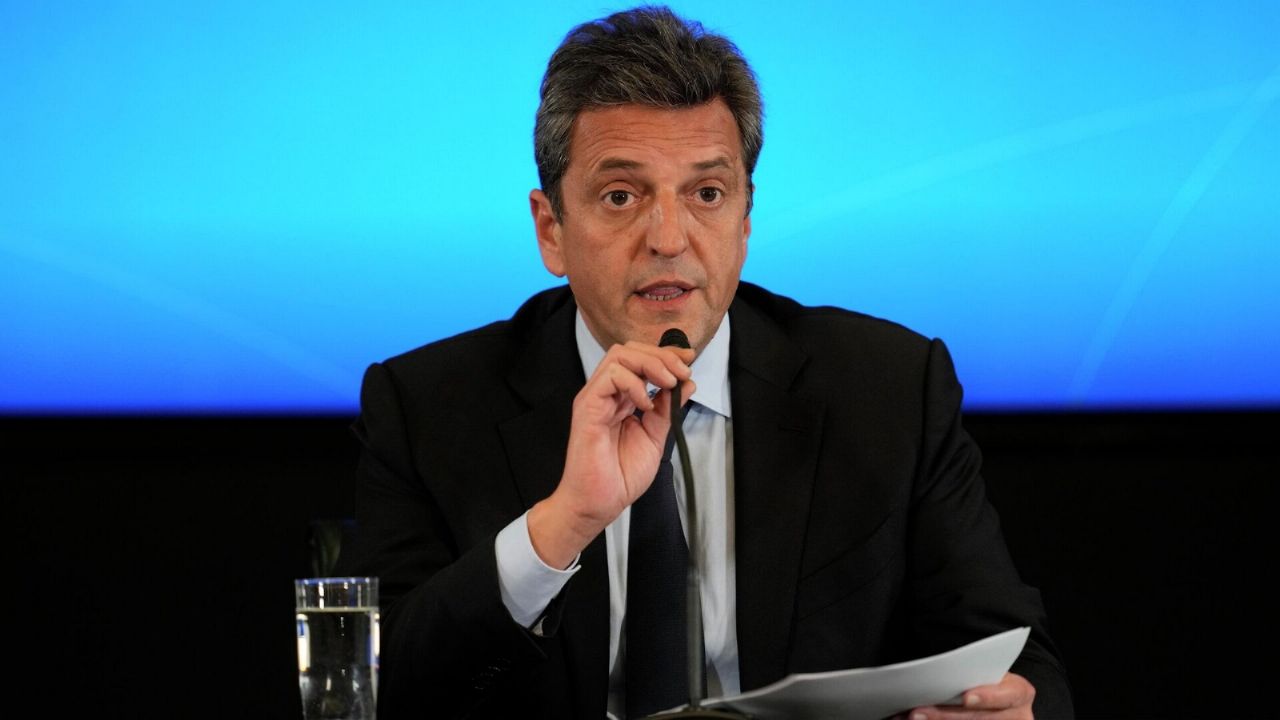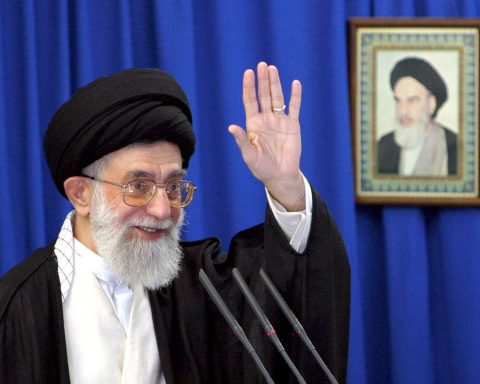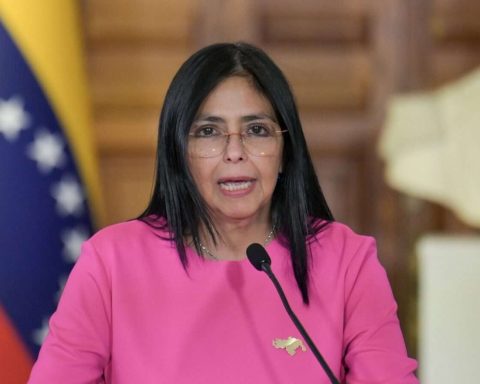After his successful tour of the United States, this Thursday, Serge Massa will present the 2023 Budget to Congress for approval. One of the Government’s priorities will be to reduce inflation and the fiscal deficit.
In this sense, the document that you will present today the economy minister, Serge Massaestablishes the official projections for the next year, among them, an estimation of growth of the economy of 2% of the GDP (Gross Domestic Product).
Also, a reduction in inflation is projected to 60% per year. Equally, Serge Massa it will seek to reduce the fiscal deficit to 1.9%, from the 2.5% it plans to reach this year.
From the Palacio de Hacienda they indicated that “the so-called Law of Laws will enter the Chamber of Deputies, as established by the regulations”; For his part, the Chief of Staff, Juan Manzur, assured during his management report in Deputies that the investment will be increased with the project.

“I can assure you that, in a very difficult international context, we maintain our commitment to the Argentine people to increase investment in strategic issues for our country such as public works, education, science and technology,” said Manzur.
For its part, the Minister of Economy, said when he assumed the leadership of the Palacio de Hacienda, that in matters of fiscal order “we are going to meet the goal of 2.5% of the primary deficit of the national public system, established by the budget that we had to draw by DNU (Decree of Necessity and Urgency), after the rejection of the Congress”.

And I add: “We are going to make all the necessary corrections to honor our word pledged in the agreement signed in March with the IMF (International Monetary Fund), which establishes a 1.9% public deficit for 2023”.
What else does the Budget include?
The 2023 Budget will include funds for capital investment equivalent to 1.95% of GDP, another 0.34% of the Product for the area of Science and technology and 0.1% for transportation, according to the Government.

In addition, it will expose the official estimates of the exchange rate, foreign trade, tax collection, public spending, particular tax regimes and tax exemptions.


















